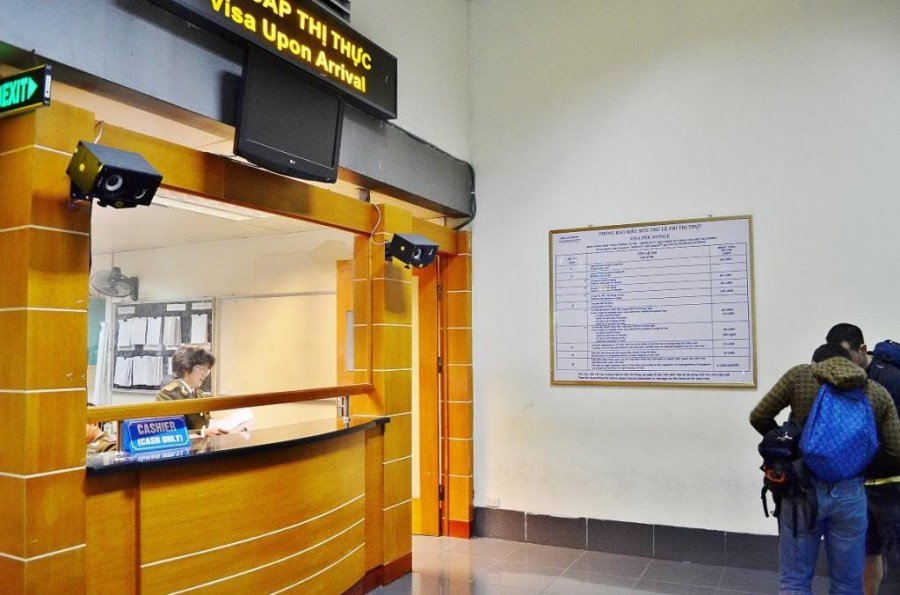Visa-Free Policy Important To Attract More Tourists To Vietnam

Vietnam’s short-term open visa policy is urged to be extended in order to make it a more attractive global tourist destination.
Visa exemption has become a global trend to entice more visitors into a country. Indonesia, famous for being highly liberated when it comes to visas, allows 169 countries to enter visa-free. Singapore offers the open visa policy to 158 nations. Malaysia approves visa waivers to 155 countries. Thailand approves the visa-free system to 61 nations.
Vietnam implements the model but on a conditional and complicated level. It only allows 23 countries to enter visa-free, and that includes ASEAN co-members. Since July 2015, it approved the open policy to five European countries: United Kingdom; France, Spain, Italy and Germany. It yielded highly positive results, receiving 720,000 European tourists in the first 12 months since its approval and earning a total revenue of US$126 million. Before the visa-free policy was implemented, 96,000 less visitors from the mentioned European nations arrived in 2014, while the deficit from the visa fees only totaled to $21 million. In 2017, 58,000 more European tourists visited Vietnam, yielding $76 million in total revenues. The deficit in visa fees was only $2.3 million.
The increase in number of tourists and total revenue with an open visa policy is glaring. Yet, Vietnam’s system is restricting its full tourism potential because of its complicated processes and high visa costs. Its visa-free policy is short-term, undergoing a yearly review. This limits travel agencies and other tourism-related establishments from fulfilling their services fully to their current and would-be clients.
Travellers do not care much for visa costs when they are intent on going to a particular country. What matters is the visa application itself, which may be an issue if a nation is overly strict or difficult with its requirements, which may then discourage a potential visitor from going to that place if that is the case. This is something that Vietnam should heavily consider if it wants to entice more tourists into its country.
Among Vietnam’s future plans is to transform its tourism industry into a principal economic sector. It aims to welcome 20 million foreign visitors by 2020. In order to reach this goal, it needs to examine its open visa policy and consider extending it to five years instead of conducting an annual review. Vietnam is a favorite global tourist destination because of its rich culture and history. Tourism is obviously one of its economy’s strongest points and it needs to decide on this matter soon before it becomes a big issue, if it isn’t already.








